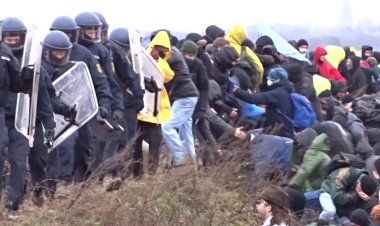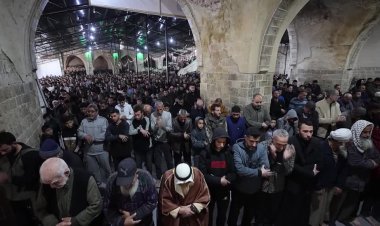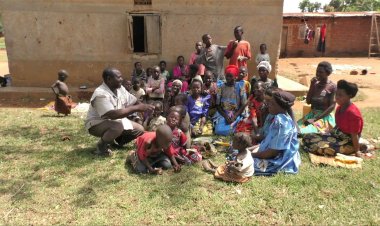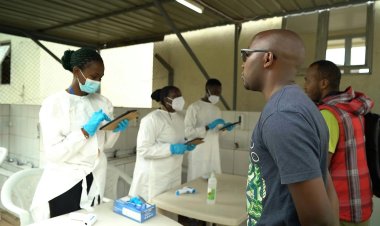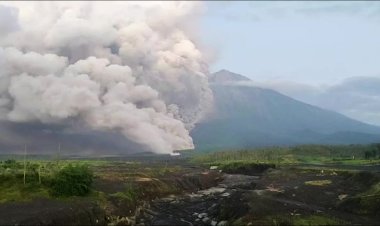Palestinian workers return to farming after Gaza war
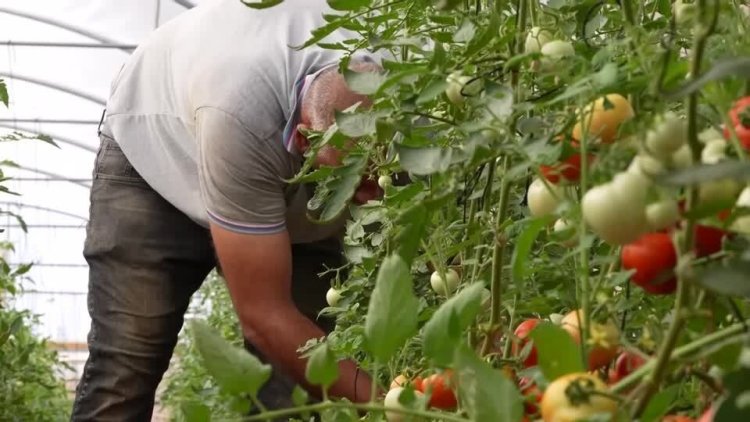
A range of greenhouses dotting Beit Dajan, in the Israeli occupied West Bank, have become a source of income for dozens of Palestinian construction workers who were previously employed in Israel before losing their permits into the country after October 7.
Many communities in some Palestinian territories have traditionally relied on farming, but higher income demands have played a role in decreasing the number of farmers - with many choosing work in Israel instead. But since October 7, dozens are choosing to go back to cultivating their lands.
Mazen Abu Jaish, originally from Beit Dajan, was among some 200,000 Palestinians workers who used to commute daily from the West Bank to Israel, crossing checkpoints on their way to work. Most are now locked out of the country since the start of the Gaza war over security concerns, leaving an economic hole on both sides of the border.
With some fertile land and modest means available, Abu Jaish and a group of workers sought support from local authorities, which enabled them to launch an agricultural project in the area.
"It has provided a feasible substitute to work in Israel and it requires less time from us, we used to work long hours, and now we work 6-7 hours a day with a good income,” said Abu Jaish.
“One worker cannot handle a greenhouse on his own, so he recruits other workers from the area. And since the morning I have been looking for a worker and was not able to find one, they are all already working,” he added.
An International Labour Organization report this week said unemployment in the West Bank and Gaza is seen rising above 50 percent - with a total of 500,000 jobs lost.
This means families have been abruptly deprived of income from laborers who can earn several times the wages in Israel that they would receive at home. The loss of wages has compounded the economic impact from the war in Gaza and unrest in the West Bank.




